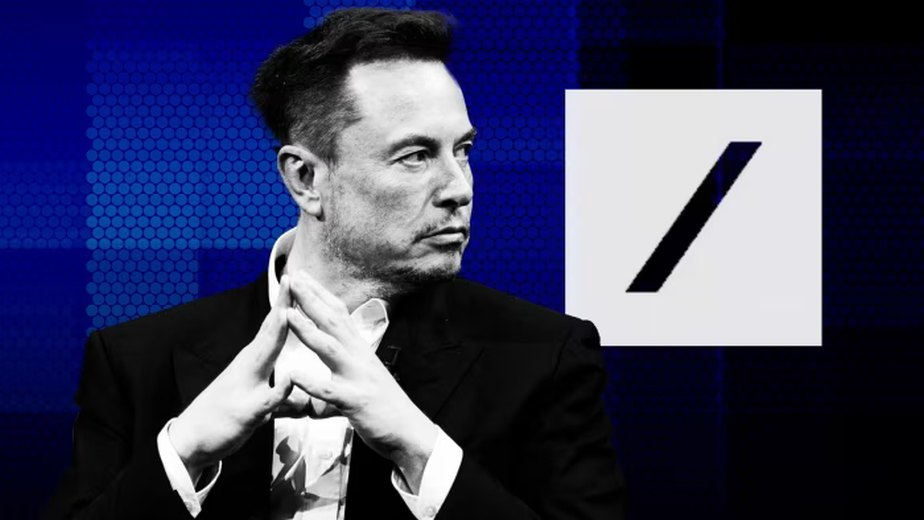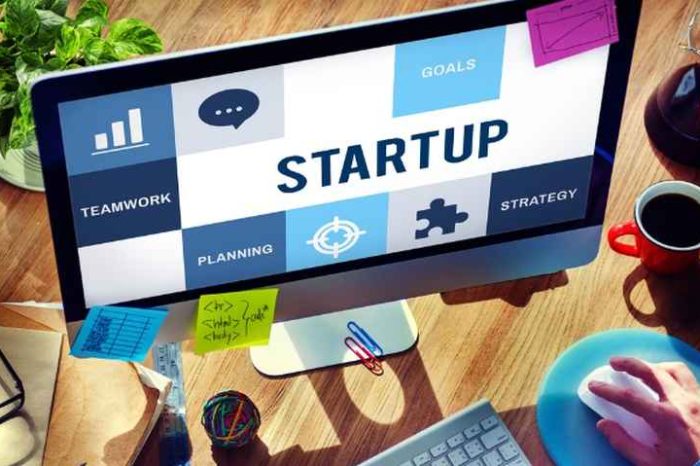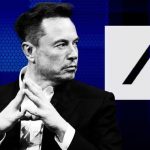Elon Musk sues OpenAI and Sam Altman for “breach of contract” and abandonment of original mission

The “breach of contract” lawsuit, filed in San Francisco, contends that Altman and Brockman initially approached Musk with the vision of establishing an open-source, non-profit entity. However, Musk’s legal team argues that OpenAI’s shift towards profit-making ventures, particularly with the undisclosed development of GPT-4, its latest AI model, violates this fundamental agreement, Reuters reported.
“Mr. Altman hand-picked a new Board that lacks similar technical expertise or any substantial background in AI governance, which the previous board had by design,” the lawsuit reads, adding, “The new Board consisted of members with more experience in profit-centric enterprises or politics than in AI ethics and governance. They were also reportedly ‘big fans of Altman.'”
OpenAI, Microsoft, and Musk have all declined to comment on the lawsuit’s filing.
The news of the lawsuit comes just a day after the Wall Street Journal reported that OpenAI was under investigation by the SEC into whether the company misled its investors. The SEC investigation, which hasn’t been publicly disclosed until now, involves the scrutiny of internal documents from both current and former executives and directors at OpenAI.
Musk’s involvement with OpenAI dates back to its inception in 2015, though he relinquished his board position in 2018. Notably, he juggles multiple high-profile ventures, including electric vehicle manufacturer Tesla, space exploration company SpaceX, and his acquisition of Twitter for a staggering $44 billion in 2022.
Last year witnessed the ousting of serial entrepreneur Sam Altman from OpenAI’s board, with the decision purportedly made to uphold the company’s mission. However, Altman swiftly returned with a reconfigured board, underscoring the internal strife within the organization.
Amidst this turmoil, OpenAI’s plans to expand its board with new appointments in March, as reported by the Washington Post, could mark a pivotal moment in the company’s trajectory.
ChatGPT, OpenAI’s flagship chatbot, skyrocketed to become the world’s fastest-growing software application within just six months of its launch in November 2022. Its success catalyzed the emergence of rival chatbots from tech giants like Microsoft and Alphabet, as well as a slew of startups capitalizing on the generative AI frenzy to secure substantial funding.
Since its introduction, ChatGPT has found utility across various sectors, from document summarization to coding assistance, triggering a frenzied competition among Big Tech firms to roll out their own AI-driven offerings.
Founded in 2015 by Sam Altman and Elon Musk, OpenAI started as a non-profit research institution aimed to pave the way for safe and beneficial artificial general intelligence (AGI). However, in 2020, it transitioned into a commercial entity, marking a significant shift in its trajectory. Despite internal disruptions in November, including Altman’s temporary departure and subsequent return, the company remains at the forefront of the burgeoning AI market, spurred by the successful launch of ChatGPT in 2022.

